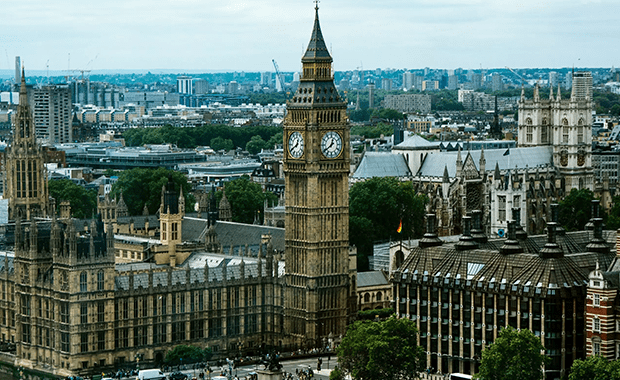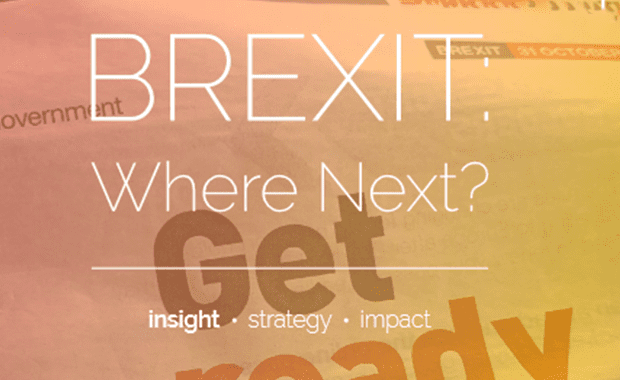Parliamentary Select Committees have never been more important in shaping policy, nor as accessible to organisations who have the expertise and insights most needed by Government.
Social distancing has presented a perfect storm of challenges in Westminster. The traditional emphasis on face-to-face engagement in the chamber and tea rooms combined with a long-held resistance to incorporating new technology into proceedings has meant that the institutions of Government have had to evolve quickly or cease to function.
Credit then to the Speaker, Lindsay Hoyle, and his office who by in large were able to ensure the technological capabilities were in place for remote voting and digital debate during a time of national need. Controversially though, Leader of the House, Jacob Rees-Mogg, mandated MPs to return in person to Parliament from June – putting to an end the hybrid virtual working model. Some MPs are now put in the invidious position of having to choose between representing their constituents and putting their health – and indirectly that of their families and local communities – at risk by continuous visits to the Capital City.
There is some relief then that Parliamentary Select Committees, the bodies that scrutinise each Government department’s work have been granted permission by the Speaker to continue to work and hold sessions remotely – at least until September. There is agreement that this will assist Committees to operate in the most effective way possible. Bernard Jenkin MP, chairman of the influential Liaison Committee, has said that it would ensure all MPs could participate “on a fair and equal basis during the current pandemic.”
Importance of Select Committees & how they have adapted during COVID-19
It is important that these Committees are supported to operate as effectively as possible within the circumstances because, as GK has outlined previously, the profile and independence of Select Committees is increasing, as is the volume of inquiries they undertake. The pandemic appears to be accelerating not reversing these trends. GK has seen first-hand how effective Committees have been in scrutinising the Government’s response and even influencing its policy agenda.
Virtual Inquiries are the most obvious change to the work of Select Committees, and this has influenced the behaviour of MPs and their interactions with those giving evidence. Circumstances dictate that MPs need to be focused and economical with their questions. Furthermore, there seems to be less time and opportunity for political grandstanding and point-scoring. However, this is also no doubt influenced by the sense of unity that comes from a national crisis – perhaps a manifestation of the more constructive tone being championed by the new leader of the opposition, Keir Starmer.
However, it is clear that not having to appear in person has lessened the fear factor for Ministers being questioned by Committee members. The ability to claim a Ministerial scalp or get the headline-grabbing ‘gotcha’ moment has been diluted.
For instance, the Prime Minister’s first appearance in front of the Liaison Committee last month exposed a lack of detailed knowledge, and his inability to take some subjects seriously, e.g. female representation on senior decision making bodies. He used a mixture of charm, diversion and bluster to get through some of the trickier moments.
Overall, he came through it relatively unscathed. However, the session would have been significantly more awkward with a higher likelihood of negative press had the Prime Minister been physically in front of the Committee, where they could see the whites of his eyes and be less constrained by time and internet connectivity.
How external organisations should engage
COVID-19 has demonstrated that the Government does not always have the in-house expertise to devise a strategy and ensure practical delivery of the solutions that will manage the virus and lessen the disruption. This has been demonstrated by the uneven success of antigen testing roll-out, coordinating test, track and trace and the availability of PPE.
The Government has consulted and asked for help because they have not had all the answers to this new and unfamiliar adversary. No.10 and Cabinet Office have worked overtime to understand how non-government bodies can support with solutions and triage their submissions. This refreshing openness from Government is now extending to medium and longer-term plans and solutions. Direct award of contracts also means that public-private collaboration can be agreed faster.
The proactive listening mode has also extended to Select Committees who have a duty to focus on the impact of COVID-19 within their remit. To do this effectively, they need to be briefed on the latest issues and challenges within sectors and to consult for potential solutions. As an example, The Education Select Committee has just finished collating responses on their mammoth inquiry into how “COVID-19 is affecting all aspects of the education sector and children’s social care system.”
The Committee is seeking views on short and long term disruption and the range of stakeholders who impacted and feeding in submissions is enormous – from nurseries to apprentice schemes and local authorities to care providers.
This pressing need presents golden opportunities for trade associations, the third sector and commercial organisations with the appetite to engage. Never has Parliament been so keen to learn and be advised by such a diverse range of stakeholders.
Organisations should be ambitious about making representations to Select Committees. GK recommends monitoring the most relevant Committees to your sector, taking advice at the earliest indication of a relevant inquiry or call for submission being announced. This allows time to liaise with committee clerks about the scope of an inquiry and provides sufficient time to agree on key messages, draft a written response and – if called to give evidence – begin developing Q&As and taking an assessment of the characteristics of the Committee.
GK are specialists in preparing organisations for the unique and challenging experience of providing evidence to a Parliamentary Select Committee. Our training package is tailored for each client depending on their needs, objectives, and the scope of the inquiry. You can find out more about our offer here.


